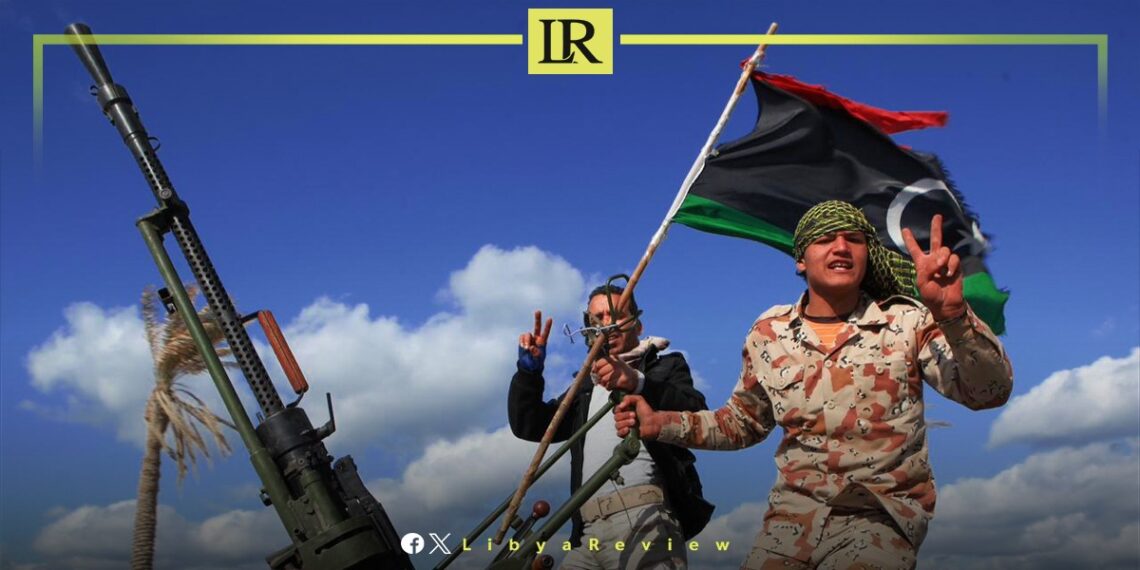The political scene in Libya is currently overshadowed by a state of deadlock and impasse despite both local and international efforts to resolve the crisis, stabilize the country, and unify its institutions.
Despite movements and meetings held over the past two months involving members of the House of Representatives, the State Council, the United Nations Special Envoy to Libya, Abdoulaye Bathily, and the Arab League, no change has occurred, and the crisis remains complex.
Political dialogue in Libya has been stalled for months due to disagreements among key leaders over the roadmap leading to elections. The eastern Libyan camp is calling for the formation of a new and unified government to prepare for the electoral process after the completion of electoral laws.
On the other hand, the western Libyan camp rejects the laws issued by the House of Representatives and sees the necessity of amending these laws before conducting elections. Meanwhile, a significant portion of the Libyan population considers these conflicts and disagreements as “maneuvers and tricks” to remain in office and delay the elections.
In a meeting with the dean, elders, and wise men of the municipality of Tarhuna yesterday, Thursday, the UN Envoy to Libya, Abdoulaye Bathily, emphasized that political leaders clinging to their positions are unwilling to break the political deadlock and refuse to find solutions because they benefit from this crisis.
Bathily stated that all Libyan citizens have the will and good intentions towards solving the country’s crisis, but those in power do not share this will and have contributed to the country’s division.
Bathily called on Libyan leaders to learn from history to avoid repeating its grim chapters, stressing that reaching a political agreement through dialogue, including on a unified government, is essential for conducting elections, restoring legitimacy to Libyan institutions, and ensuring lasting peace.
Observers believe that the current political stalemate signals the potential return to armed conflict in the country, especially after the house of the Head of the Government of National Unity was targeted by militias in Tripoli last week.
The house of Abdel-Hamid Dbaiba, located in the Andalus neighborhood of Tripoli, was attacked last Sunday by rocket-propelled grenades from a drone, causing material damage but no human casualties.
The attack on Dbaiba’s house came hours after he appointed Mahmoud Hamza, commander of the 444th Combat Brigade, as the new director of military intelligence, a move observers view as rejected by the armed militias within the capital, Tripoli.
This was not the first time militias targeted executive authorities in western Libya if any decisions were made that did not align with their interests and objectives, as they previously attacked the Presidential Council’s headquarters and the Ministry of Interior in Tripoli.
Observers believe that militias will obstruct any agreement reached to resolve the crisis because resolving it necessitates their elimination, a scenario they will resist with all their might, resorting to attacking government headquarters, imposing sieges, and committing acts of sabotage as occurred following the 2014 House of Representatives elections.
Moreover, the Head of the Government of National Unity, Abdel-Hamid Dbaiba, refuses to hand over power except to an elected government, a feat impossible to achieve amidst ongoing division and the failure to form a unified government and conduct elections.
Dbaiba has relied on militias to stay in power by force after the House of Representatives declared the end of his government’s mandate following its failure to conduct the December 2021 elections. He has provided substantial financial support to secure their loyalty and appointed some of their leaders to high state positions, thereby strengthening their influence and control over affairs in the west of the country.


